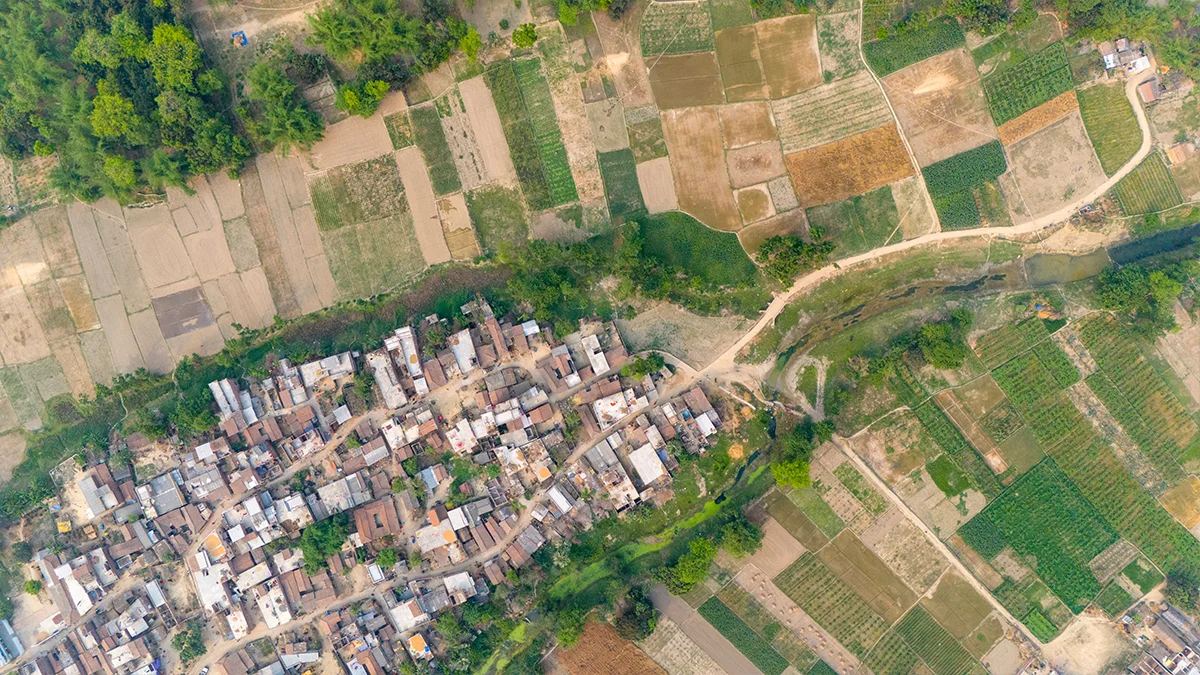edition
• Hong Kong Government announces the gazettal of 14 subsidiary legislations under the Insurance Ordinance (Cap. 41).
• The changes are still subject to negative vetting by the Legislative Council on 8 May 2024, but are expected to go live on 1 July.
• New rules aim to strengthen insurers' financial robustness and ensure closer alignment with international standards.
• Australia's insurance industry seeing increased capacity and stabilisation in premium rates, says Gallagher in new report.
• Broker identifies challenges, including regulatory tightening, cyber risk management, and geopolitical tensions.
• Rate reductions likely, with underinsurance and exploration of alternative risk transfer consequences of business's cost management.
• Cyber insurance sees capacity expansion, lower rates, and broader coverage, with insurers leveraging data and technology to address evolving cyber threats.
• Review into Netstrata initiated following allegations by ABC of excessive insurance brokerage fees and undisclosed kickbacks.
• Netstrata allegedly accrued AU$21m (US$13.7m) in brokerage fees since 2015.
• Independent expert McGrathNicol Advisory will lead review with a focus on fee transparency and professional conduct.
• KOBA launches Australia’s first EV-specific insurance policy, initially for Tesla owners, with plans to expand to other EV brands.
• The policy includes comprehensive coverage, such as charging equipment cover and a lifetime repair guarantee, and integrates with the car’s onboard computer for vehicle-specific insights.
• KOBA offers discounts for low mileage and safe driving, with future features to include monthly EV usage reports and enhanced battery monitoring.
• AM Best affirmed New Zealand Medical Indemnity Insurance Limited’s (NZMII) IFS at ‘B+’ and ICR at ‘bbb-‘, both with a stable outlook.
• Insurer has seen an improved ROE following adjustments to premium rates and a strategic shift in investment portfolio.
• NZMII’s ERM deemed appropriate, with actions taken to mitigate from potential risk from the disestablishment of district health boards in New Zealand.
• Taiwan’s government approves NT$28.55bn (US$878m) for earthquake recovery and reconstruction following the 7.4 magnitude Hualien earthquake on 3 April.
• NT$18.44bn allocated for public facilities’ repair, NT$4.08bn for industrial revitalisation, NT$190m for insurance and employment support, and NT$5.84bn for private home reconstruction.
























